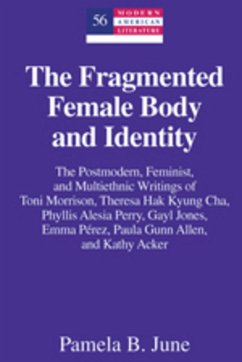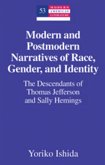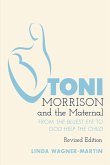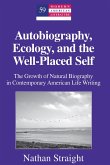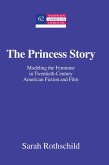The Fragmented Female Body and Identity explores the symbol of the wounded and scarred female body in selected postmodern, multiethnic American women's novels, namely Toni Morrison's Beloved, Theresa Hak Kyung Cha's Dictée, Phyllis Alesia Perry's Stigmata, Gayl Jones's Corregidora, Emma Pérez's Gulf Dreams, Paula Gunn Allen's The Woman Who Owned the Shadows, and Kathy Acker's Blood and Guts in High School and Empire of the Senseless. In each of these novels, disjointed, postmodern writing reflects the novel's focus on fragmented female bodies. The wounded and scarred body emerges from various, often intersecting, forms of oppression, including patriarchy, racism, and heteronormativity. This book emphasizes the different and nuanced forms of oppression each woman faces. However, while the fragmented body symbolizes oppression and pain, it also catalyzes resistance through recognition. When female characters recognize some element of a shared oppression, they form bonds with one another. These feminist unities, as a response to multiple forms of oppression, become viable means for resistance and healing.

